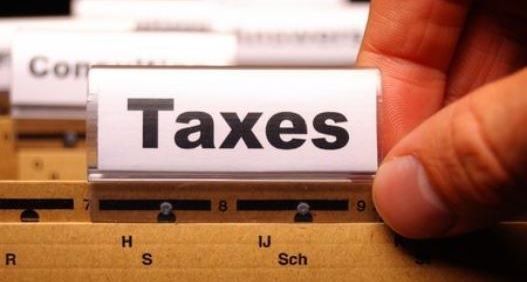
To keep Filipinos healthy while raising more revenues for the government, the state-run think tank National Tax Research Center (NTRC) is pushing to slap an excise tax on junk food.
“Overconsumption of junk foods causes harm to the body. However, their savory taste and inexpensiveness drive Filipinos to continuously consume these unhealthy products,” NTRC said in a report titled “Feasibility of Imposing a Junk Food Tax in the Philippines.”
Among food and beverages considered by NTRC as junk food were those sold by “fast food” restaurants such as burger, fries, fried chicken, hotdog, pasta and pizza, among others; deep-fried and salty snacks; sugary desserts and sweets, and carbonated beverages or “soft drinks.”
Citing the results of the Food and Nutrition Research Institute’s (FNRI) Eighth National Nutrition Survey, NTRC said three out of every 10 Filipinos aged 20 and older were overweight or obese partly due to eating junk food excessively as well as lack of physical activity.
Obesity among children
Among children five years old and below, the number of obese rose to 5 percent in 2013 from 2.4 percent in 2003, NTRC added, citing the FNRI survey.
Obesity among children aged six to 10 also increased to 9.1 percent from 5.8 percent between the same 10-year period, while incidence among adolescents climbed to 8.3 percent last 2013 from 4.9 percent 10 years earlier.
“An overweight or obese individual has a higher risk of being afflicted with diseases like coronary heart disease, stroke, high blood pressure, diabetes, cancer, osteoarthritis and other serious chronic illnesses. In addition, habitual eating of junk food can trigger digestive problems, fatigue, depression and may also affect the brain function,” NTRC warned, citing earlier medical studies.
As such, NTRC recommended slapping an excise tax of 10-20 percent on junk food “to discourage the bad habit of eating or consuming foods detrimental to the body.”
NTRC’s computations showed that domestic corporations engaged in junk food manufacturing and fast food chains had gross revenues averaging P541.6 billion from 2013 to 2017, with an average annual sales increase of 8.5 percent.
If junk food will be slapped an excise tax, the government can collect an average of P36.5 billion (at an excise tax rate of 10 percent) or as much as P72.9 billion (at 20-percent excise tax) yearly over the next five years, NTRC estimates showed.
Limit consumption
“Results will show that the higher the tax rate, the higher the revenue that will be derived. Similarly, the higher the tax rate to be imposed, the higher the increase in product price will be. Viewed from the perception of discouraging the bad habit of consuming junk food, a higher rate of excise tax is proposed as this will result in high prices and will limit consumers’ consumption,” NTRC said.
“Aside from taxing unhealthy foods, subsidizing healthy foods, restricting food advertising and possibly eliminating advertising of junk food, candies, soft drinks, fast food and sugared cereal for children, as well as providing more bicycle paths and recreational centers to encourage physical activity, can be considered,” NTRC added. INQ